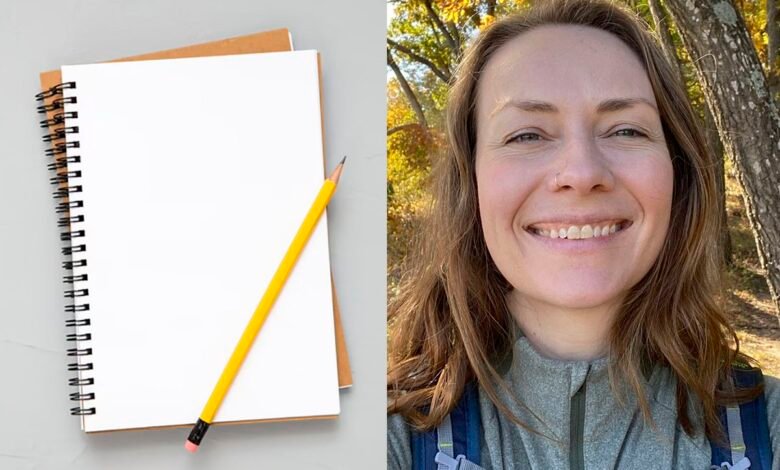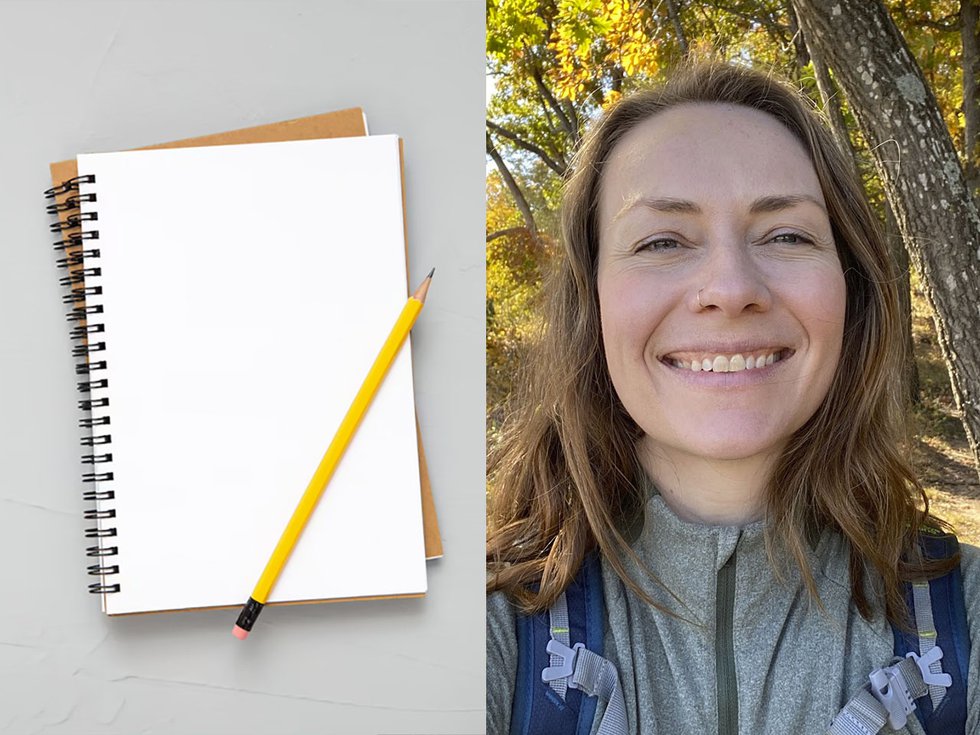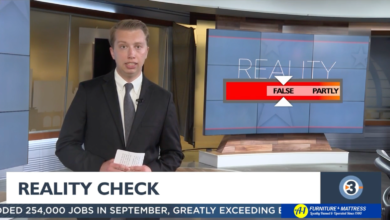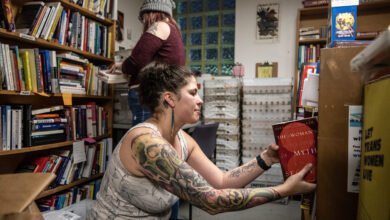Letter from a childless cat lady – Isthmus


The last time a near-stranger asked me whether I had children, I said “Yes, a 1-year-old and a 5-year-old.” I paused for dramatic effect, then added, “They’re cats.” Her smile vanished and her shoulders drooped like popped balloons.
JD Vance is not the first person to assume that I, as a childless woman with cats, am wasting my life. Starting in my late 20s, strangers began inquiring about my parental status. The first time a woman in the grocery store checkout line asked, “Do you have children?” I sucked in my breath. It felt like she was asking whether I was wearing clean underwear. I thought it was a fluke, a momentary bout of social amnesia.
But in my 30s, the question increased, and the tone changed from curious to interrogative. After 10 years in Portland, Oregon, I moved home to Madison, Wisconsin, in my late 30s. At a picnic, an old family friend expounded on her grandchildren’s charms. As we shooed flies from our potato salad and slices of watermelon, she leaned forward conspiratorially. “They make me feel so much better about the future. Less afraid of death. I have a legacy now, you know?” She brushed back her silver bangs and beamed.
“So, are you dating anyone?”
I was not.
Her lips pursed. “How old are you?” She squinted as if trying to calculate how many childbearing years I had left.
“38,” I replied grimly. I knew where this was going.
“Wow,” she said, rearing back as if she’d spotted a wasp. Then, resigning herself to my fate, she nodded slowly. “Really trucking along.”
Shame prickled hot across my face. I set down my plate, no longer hungry.
In Portland, most of my friends didn’t have kids. Most of them weren’t even married. But back in the Midwest, I was the strange one. Driving home from the picnic, I recalled Rebecca Solnit’s essay, “The Mother of All Questions,” in which she writes about the many times she’s been asked why she doesn’t have children.
“At the heart of these questions are not questions but assertions that we who fancy ourselves individuals, charting our own courses, are wrong,” writes Solnit. “Brains are individual phenomena producing wildly varying products; uteruses bring forth one kind of creation.”
Solnit articulates the unspoken message beneath this question. Whether I have children isn’t really about children — it’s about control. Control over my body and my mind. Until Roe v. Wade was overturned in 2022, I’d had a choice about whether to have a child should I get pregnant. With Wisconsin’s 1849 abortion ban again in effect, that freedom was gone. Without the ability to make choices about my body, all my other choices were also in jeopardy.
Like Solnit, I’m a writer. If I’d had children, I likely would not have written two books, numerous essays and poems, or started my own business mentoring other writers. I’m proud of the life I’ve made and grateful that I’m living my dreams now instead of waiting until my kids go off to college. Not having children has allowed me to get a master of fine arts degree, stay out dancing til 2 a.m., take spontaneous road trips, cook elaborate meals, and pour vast amounts of time and energy into friendships and volunteering. It’s allowed me to give time to food pantries, urban farms, and organizations fighting climate change, as well as teach creative writing classes for homeless teens and kids in foster care.
Why don’t we talk about the many ways one can mother besides having biological children? Not only can we mother the kids of others, we can also mother the projects and causes we care about.
Vance claims that childless people are “sociopathic” and have no stake in our country’s future. Isn’t caring for those who aren’t related to us the exact opposite of sociopathic?
Media coverage on this topic is strangely black and white: Either you’re thrilled to be childless or would do anything to conceive. I occupy a rarely discussed in-between space. I want children, but I don’t care if they’re biologically mine. I would be just as happy mothering adopted, foster or step-kids.
In How We Show Up: Reclaiming Family, Friendship, and Community, writer and activist Mia Birdsong makes the case for creating chosen family. Birdsong argues that the American Dream of a nuclear family, good-paying job, and big house often leaves us isolated and unhappy. She believes our interdependence and need for belonging are part of the solution to the loneliness crisis.
Birdsong inspired me to stop waiting for a partner and children to magically appear. I can’t decide when, how or if I’ll find a partner or get to mother my own children. But I can choose to widen my definition of family to include my friends and their kids. I can create the experience of family I long for, even if it looks different than I imagined. After reading Birdsong’s book, I’ve started asking my friends to bring their kids along when we get together. If a friend is struggling, I no longer wait for them to ask for help — I offer to make food, walk their dog, or run errands. I’ve started researching volunteer opportunities where I can mentor kids.
Instead of demanding that every uterus produce children, why not celebrate the childless cat ladies among us? Why not be grateful for the time and energy we have to mother in such a beautiful kaleidoscope of ways, whether that be people, animals, causes, art or ideas? Why not give thanks that people like me are supporting under-resourced parents, giving kids nourishing, intergenerational friendships, and enriching our communities?
Solnit writes, “There is no good answer to how to be a woman; the art may instead lie in how we refuse the question.”
By refusing a singular definition of motherhood, I am creating the kind of world I want to mother into being.
Rebecca Jamieson is a writer and teacher living in Madison. You can learn more at contemplatecreate.com.
If you are interested in writing a personal essay for Isthmus, query lindaf@isthmus.com.



